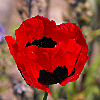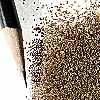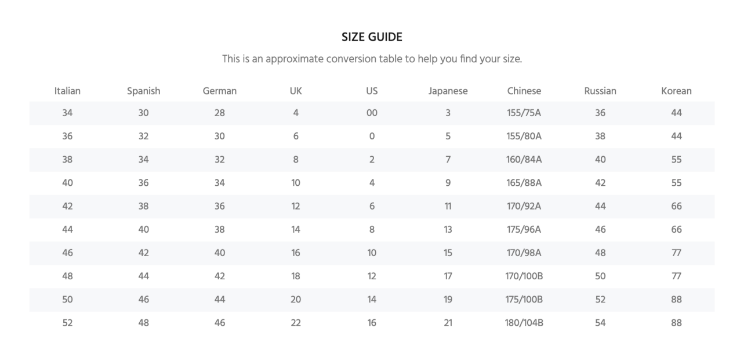Poppy TURKISH TULIP Red & Black Flowers
Poppies Large Flowers POLLINATORS NON-GMO 1000 Seeds!
Fresh, Pure Seed ? No Fillers ? Non-GMO
PRODUCT DESCRIPTION
- Red Poppies are a vibrant addition to any wildflower garden or meadow!
- Like all red poppies, these Poppies are deer resistant, attractive to pollinators and blooms for an exceptionally long time.
- Can be successfully planted in any region.
- Probably the world?s most popular wildflower.
About Poppy Seeds - Turkish Tulip, Papaver glaucum
- SEED TYPE Open Pollinated Seed
- In bold red with black centers, Turkish Tulip Poppies are a fairly rare specimen that we think is worthy of being a part of any poppy collection.Bold red tulip-type blooms marked by signature black splotches
- Annual; Showstopping color and pattern
- Long bloom season, mid Spring to late Summer
- Poppy seeds require a cool period of 2-4 weeks to break dormancy, and some gardeners choose to cold stratify their seeds.
Features
- LIFE CYCLE: Annual
- PLANTING SEASON: Fall or Spring (after cold stratification)
- COLOR: Red
- GROWTH HABIT: Clumping, Spreading, Upright
- PLANT HEIGHT: Up to 36 inches
- BLOOM SEASON: Spring
- PLANT CHARACTERISTICS: Attracts Bees, Attracts Butterflies, Attracts Pollinators, Easy to Grow & Maintain
- GROWING CONDITIONS: Drought Tolerant
- PLANT RESISTANCE: Deer, Rabbit
As for all poppies, best time to be sown is late autumn or early spring. The snow of winter helps "challenge" the poppies to grow good rooting systems, which results in a strong plant. Poppies do not do well being transplanted. Caution must be taken when transplanting from peat pots. Another problem with the roots of any type of poppy is that the roots will rot if they do not have proper drainage. One should not over water.
HOW TO PLANT POPPIES
Stratification is the act of simulating winter conditions ? cold and moist ? to prep seeds for their usual germination temperatures come spring.
All poppy seed varieties require cold-stratification and, because the sensitive seedlings do not always transplant well, they are best sown directly in the garden.
Sowing from fall to very early spring allows the cold, wet weather to gradually break down the hard seed coat in time for the growing season.
Seeds need light to germinate. Sprinkle them on the soil and leave uncovered. If it is windy you can lightly compress so they don?t blow away.
If you get a late start, seeds can also be stratified by placing them in the refrigerator, usually in some kind of moist potting soil.
Blend seed and seed starting mix in a 1:3 ratio in a plastic bag or a small container like a margarine tub and put them in your refrigerator.
Keep them refrigerated for several weeks before planting in the garden. Plant immediately when removing from the refrigerator.
Free shipping on all orders in the USA.
Our amazing support team is here to help. Text us at 678 316 0940 and get an instant response
Your Payment is Secure and So is your Purchase. Simply return it within 30 days for an exchange.
Grab a hosting plan for that small business or personal website. Fast Setup, great speeds, low prices. Managed Hosting Too.Text us at 678 316 0940










